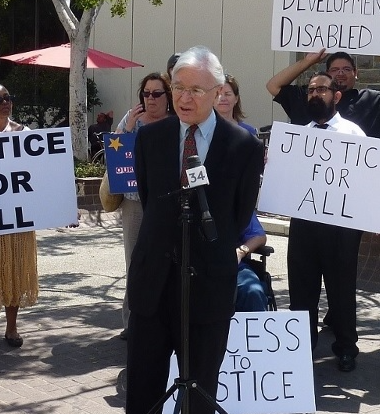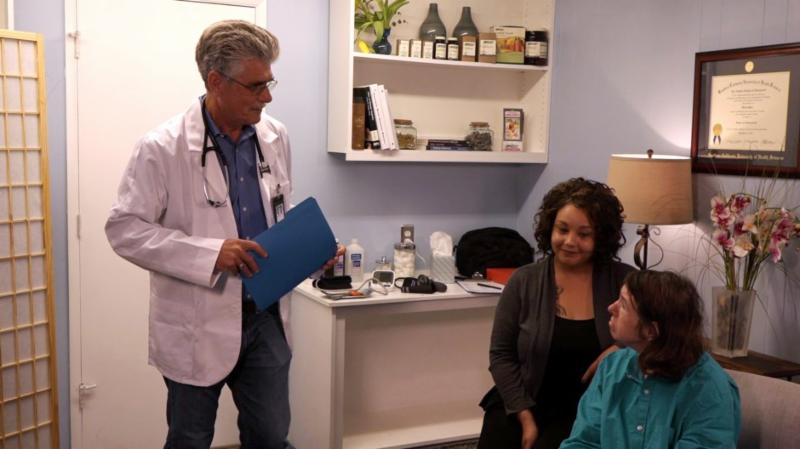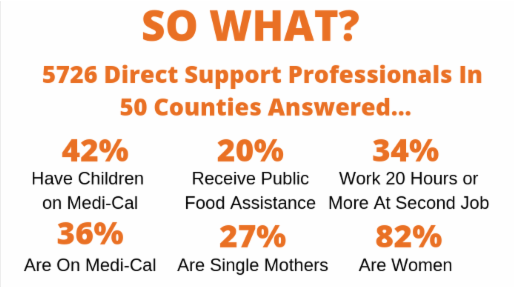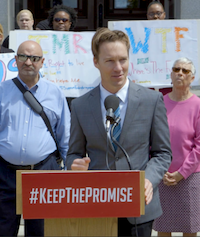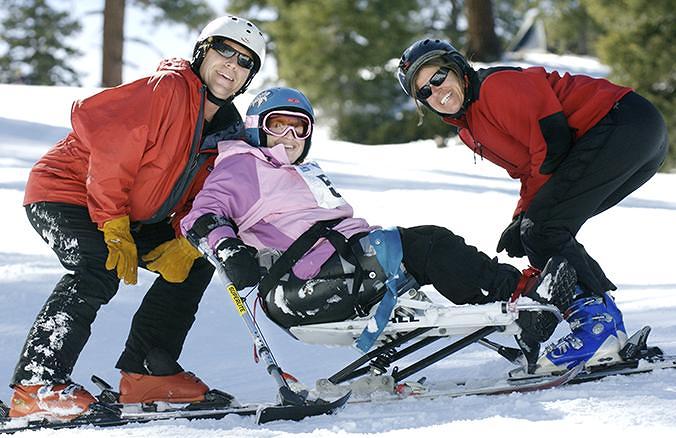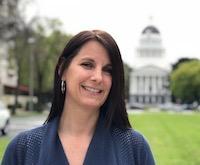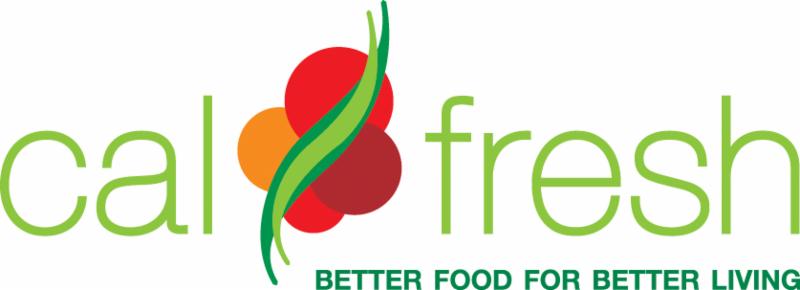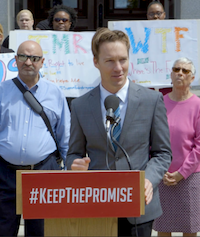Instead, the state should invest to create job training opportunities, community integration programs, parent support, and a livable wage for the approximately 150,000 direct support professionals whose job is supporting Californians with I/DD.
Let us be clear—our system is in crisis and is falling apart rapidly, and there is a direct impact on people with I/DD, their families, and the workforce, which is predominantly non-white women.
“Our son, David, has autism and significant difficulties with language and needs 24-hour staff support. In the last 27 months David has had 10 different support staff. For obvious reasons, this is not an ideal situation, and recruiting for David can be challenging due to the difficulties of communicating with him. Given the low wage rate with little opportunity for advancement, finding a higher paying job is always a prime motivation for staff to move on. There is always uncertainty about when the situation will resolve, and uncertainty is difficult for David and the rest of our family. The reassurance that would come with improvements for our direct support staff and knowing that the system is stable is priceless.
– Betsy Katz, Mom and President of The Arc of California
Additionally, the federal government has set a deadline of 2022 for implementation of new guidelines that will call for more community integration of this population, further creation of job opportunities, and require more complex support from the people and programs that support people with I/DD. Not one element of this future will be cheaper than what we pay today.
This adds up to a crossroads this year: invest now or leave hundreds of thousands of Californians behind and risk losing hundreds of millions of federal dollars!
THEREFORE: We urge Governor Newsom and the Legislature to include an eight percent, across-the-board rate increase to our system as a down-payment toward the implementation of the rate study, to somewhat stabilize the system, and, if nothing else, to simply account for the rising cost of providing services over the last two years alone.
“I receive a pay check twice a month. I work 120 hours plus each pay period and I bring home only $1500 at the most, usually less than that after taxes. I can’t even afford my own place. I even started driving for lyft to make ends meet. I love my job I enjoy going to work every day but it’s not enough to survive.”
– Direct Support Professional, Solano County
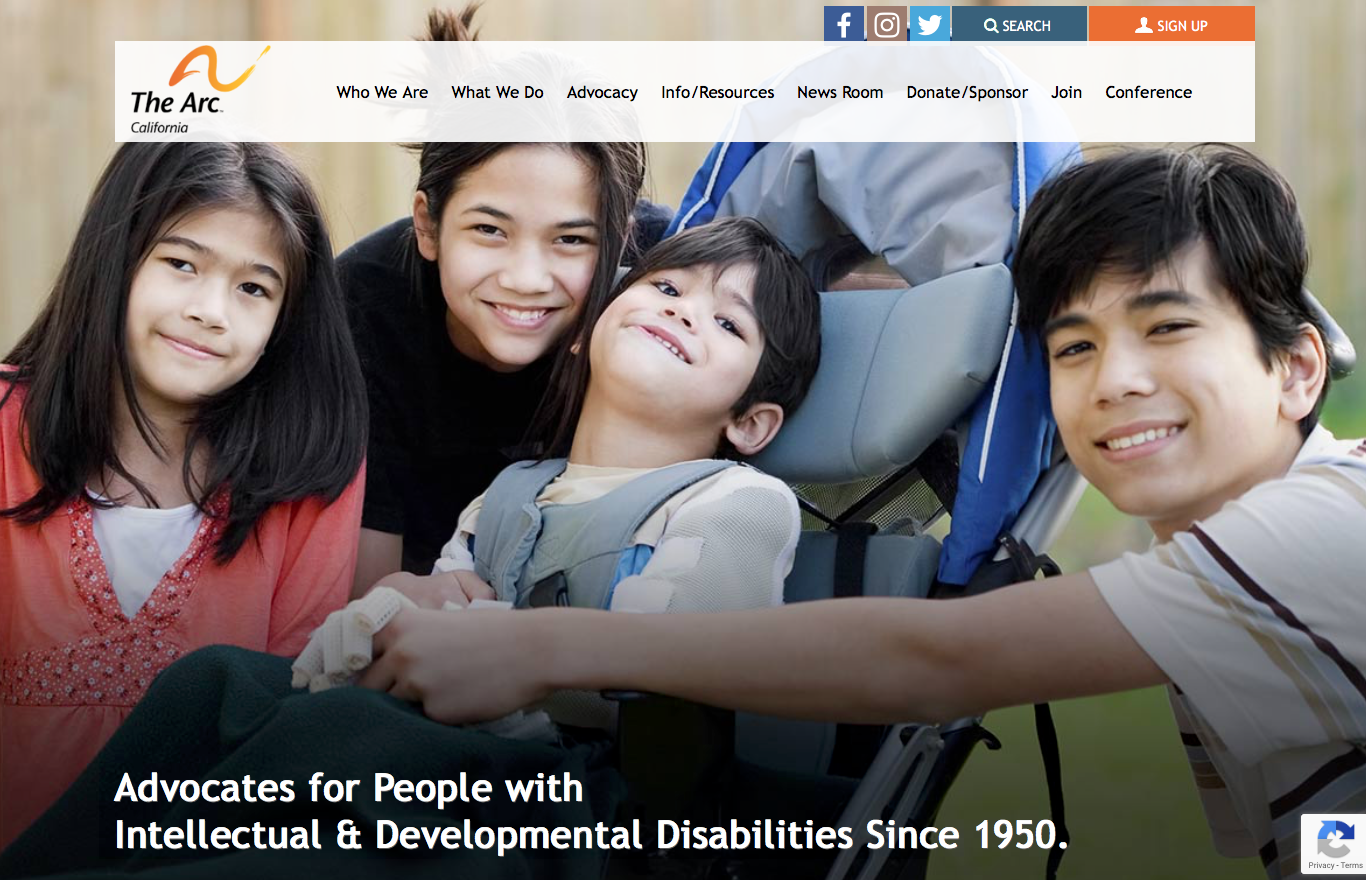 We are thrilled to announce that we have completely redesigned our website, www.thearcca.org! Visitors can now:
We are thrilled to announce that we have completely redesigned our website, www.thearcca.org! Visitors can now:

